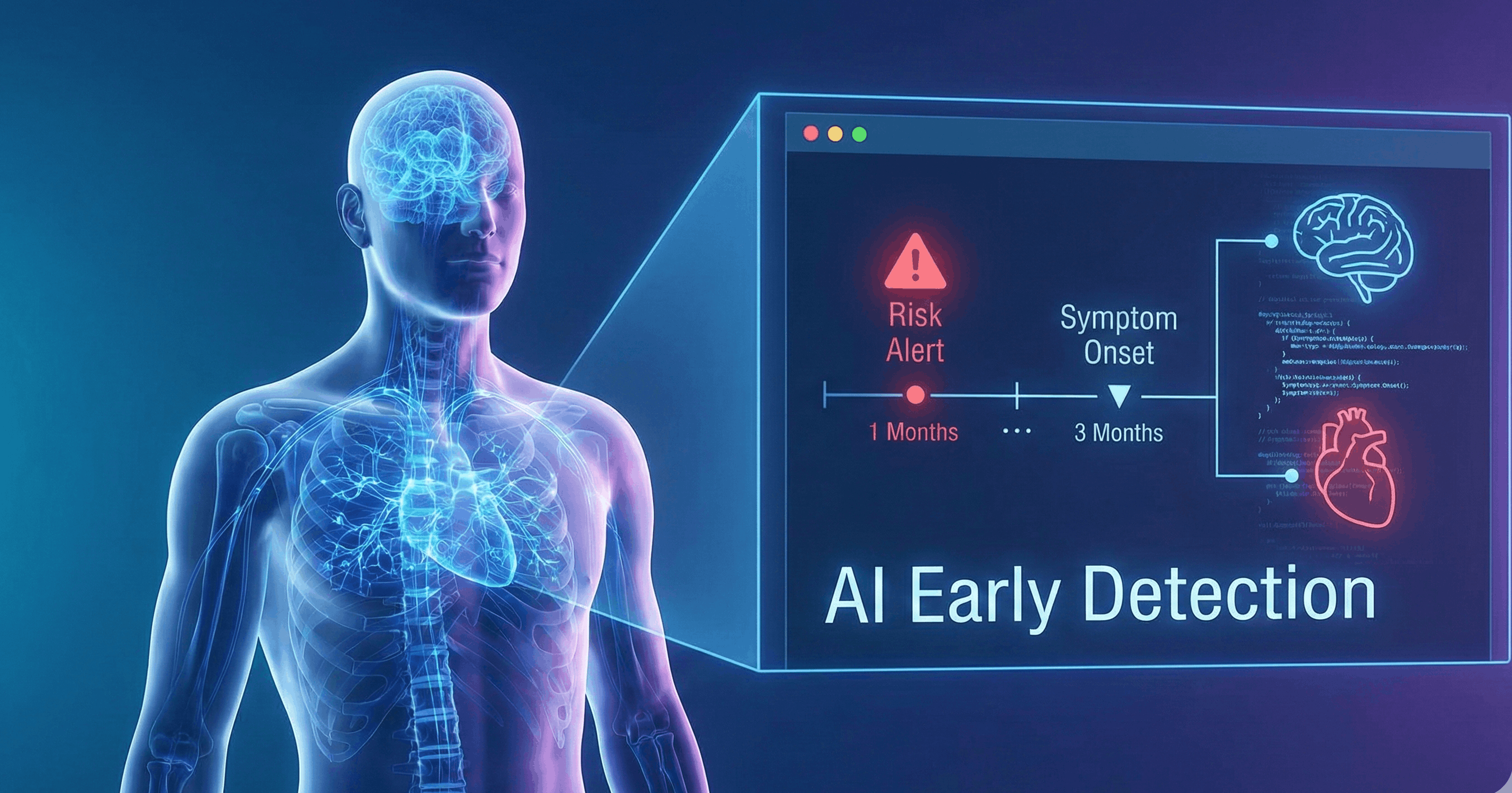How Does Quantum Computing Work?
Quantum computing represents a revolutionary advancement in computational capabilities. Unlike traditional computers, which use bits as the smallest unit of data, quantum computers utilize quantum bits or qubits. These qubits can exist in multiple states at the same time due to the principles of superposition and entanglement.
Imagine being able to solve complex problems in seconds that would take classical computers millions of years. This incredible potential positions quantum computing as a game-changer for industries such as cryptography, materials science, and artificial intelligence.

How Does Quantum Computing Work?
At the core of quantum computing is quantum mechanics. Qubits, or quantum bits, can exist in multiple states simultaneously due to a property called superposition. This capability enables them to perform several calculations at the same time. Additionally, qubits can be entangled, creating a complex network of interdependent calculations that significantly boost processing power.

Applications and Future Impacts
Quantum computing promises transformative impacts in numerous fields:
Cryptography: Breaking encryption methods currently deemed secure.
Medicine: Designing new drugs and understanding protein structures faster than ever.
Logistics: Optimising supply chains and reducing inefficiencies.
As research advances, companies and governments are making substantial investments in quantum technologies, heralding the beginning of a transformative new era in computing.


